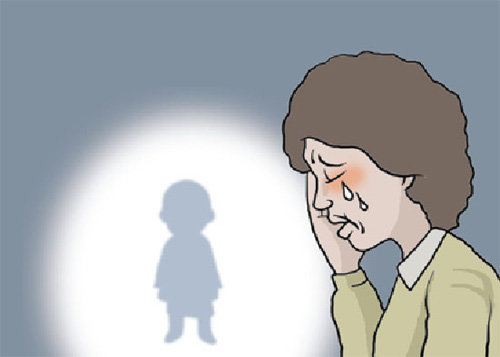Beloved’s ghost
Beloved’s ghost
Posted August. 14, 2019 08:20,
Updated August. 14, 2019 08:20

Sad history needs to be remembered and mourned for. Toni Morrison, an American novelist who passed away last week, thought so. She tried to remember and grieve for black people whose names, songs, dances, stories went completely unknown. One clear example is her novel “Beloved.”
The story revolves around a horrendous murder case. A mother killed her two-year-old daughter as her white master tried to take them. She did not want her children to suffer from sexual exploitation and other abuses. Grabbing her children and running into the tool shed, she killed her daughter as she got mentally deranged. The daughter, Beloved, became a ghost. The mother tried to kill the other children, but was not successful.
The writer turns the dreadful story into an emotional narrative filled with pain and wounds of black people and hardships they had to go through. After her death, Beloved continues to live with her mother as a ghost. This is something that may happen only in magic realism novels, but how would the daughter go away if the mother does not admit her beloved’s death? There needs to be a ghost at least, if there is not a body to stand by her. This is the mother’s reality full of trauma. Still, she lives that way for 18 years.
Yet, she gradually starts to admit her daughter’s death by talking to other people about her own wounds. Then for the first time in 18 years, she cries. Finally letting out her tears, she starts to genuinely mourn and grieve for Beloved’s death. This is when the ghost leaves her mother.
To Morrison, this was the way we could heal our wounds. Whether they are of individuals or countries, wounds should not be ignored but should be remembered and mourned for, to be healed at last.
Headline News
- Med professors announce intention to leave hospitals starting Thursday
- Bridge honoring Sgt. Moon Jae-sik unveiled in Pennsylvania
- Chief of Staff Chung tells presidential secretaries to stay away from politics
- US FTC bans noncompete agreements
- N. Korea launches cyberattacks on S. Korea's defense companies







